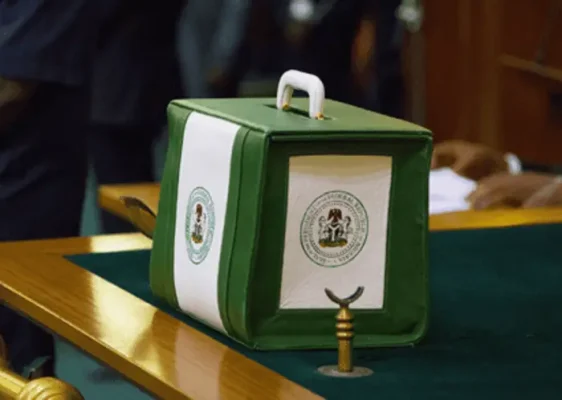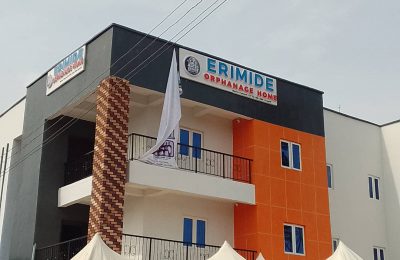Renowned economist, Ayo Teriba, has cautioned against Nigeria’s continued reliance on loans to address its budget deficit, describing it as an unsustainable approach to fiscal management. Speaking on the Arise News Morning Show hosted by Dr. Reuben Abati, Ayo Mairo-Ese, and Rufai Oseni, Teriba urged the government to adopt a more strategic, asset-focused model to bridge the fiscal gap.
Teriba highlighted that Nigeria’s current method of financing its budget deficit—through domestic and foreign borrowing—comes with significant risks. These include rising debt-servicing costs, pressure on foreign reserves, and heightened vulnerability to exchange rate volatility. “The borrowing model is no longer viable,” Teriba warned, adding that Nigeria must shift its focus to generating revenue through equity and strategic asset utilization.
Drawing from global success stories, Teriba advocated for Nigeria to emulate countries like Saudi Arabia, Malaysia, and the United Arab Emirates. These nations have effectively leveraged their assets and attracted substantial foreign investments to fund their fiscal operations without overburdening their economies with debt.
“Saudi Arabia transformed its fiscal strategy by monetizing state-owned assets through public offerings, creating a steady flow of revenue,” Teriba explained. “Nigeria can adopt a similar asset-centric approach, using equity rather than loans to fund deficits.”
Teriba also linked Nigeria’s high inflation rates to exchange rate instability, which has been exacerbated by the government’s heavy borrowing. He stressed the importance of building foreign reserve adequacy and creating strategic rates to stabilize the naira. According to Teriba, improving Nigeria’s reserve base would reduce reliance on volatile debt markets while fostering confidence among international investors.
The economist urged the Tinubu administration to prioritize attracting foreign direct investment (FDI) as a critical part of its economic strategy. He argued that increased FDI inflows would boost the nation’s economic stability, create jobs, and provide an alternative source of funding for infrastructure and development projects.
“Attracting FDI is not just about capital; it brings in expertise, technology, and long-term commitment to the economy,” Teriba noted. He emphasized that reforms aimed at improving the ease of doing business, reducing bureaucratic bottlenecks, and enhancing transparency would be essential to achieving this goal.
Concluding his remarks, Teriba called for fiscal discipline and a comprehensive review of Nigeria’s revenue generation strategies. “Nigeria cannot afford to remain trapped in a cycle of debt,” he said. “The focus must shift towards sustainable and innovative methods to fund our budget deficit.”
As the government grapples with fiscal challenges, Teriba’s insights serve as a timely reminder of the urgent need to rethink Nigeria’s economic priorities and adopt more sustainable financing mechanisms.
READ ALSO: Tinubu taking loan to invest in infrastructure development — Umahi








